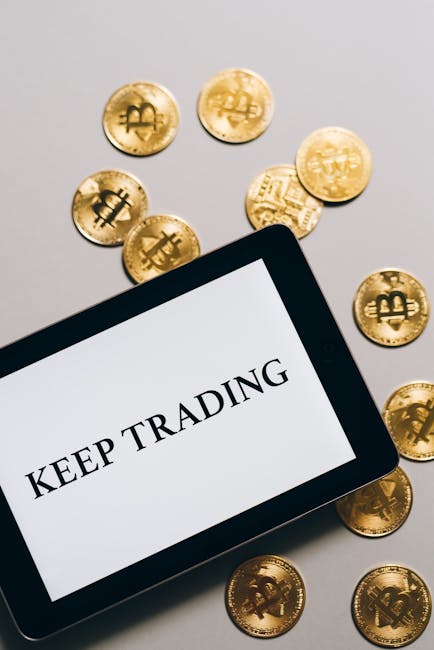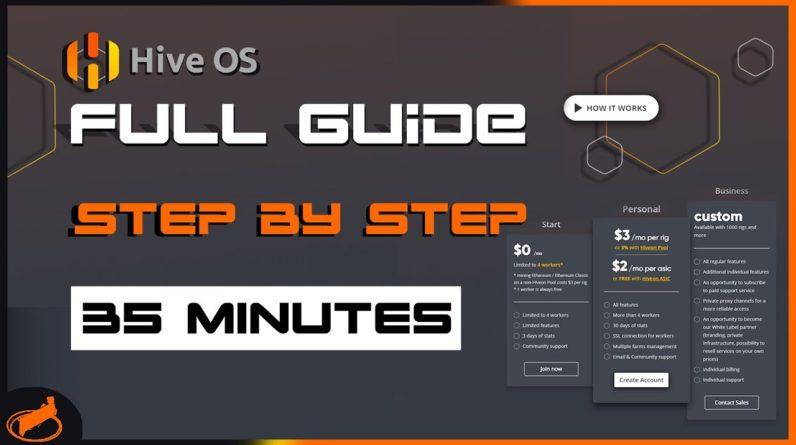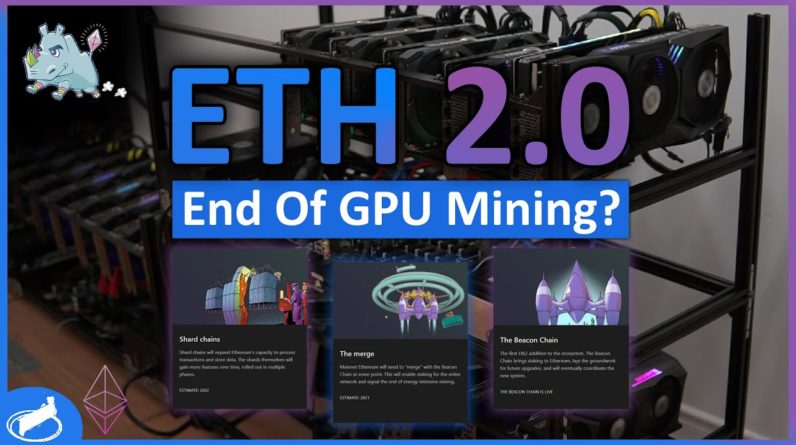Hello and welcome to a new Cryptomatics episode! If you are interested in being the first
to find out when we publish a new video, don’t forget to subscribe
and turn on notifications. Today, I will explain what miners
are, what they do, how much they earn, and if there are any downsides to being one. What Are Miners? Miners are people who record and
verify transactions on a blockchain. This is done by solving
complex mathematical problems using hardware with a high processing power. This results in the nonce –
a number that, when obtained, reflects the restrictions of the difficulty
level imposed by the hash function.
The first miner to identify the nonce
receives a reward in the cryptocurrency native to the blockchain. As a result, miners aren’t responsible
just for the verification of transactions and keeping the network safe, but they
also introduce new coins into circulation. This is done by relying on a specialized software
that runs on an ASIC, which is a computing device specialized in mining, that stands for
Application-Specific Integrated Circuit. The more powerful the hardware is, the more
profitable the mining operation will be. What Do Miners Actually Do? In order for miners to actually receive the
reward given for verifying transactions, two things must happen. First, they need to verify one megabyte worth
of transactions – depending on how much data a transaction stores, this can represent anywhere
between one transaction to several thousand. Secondly, in order to be able to add a block
of transactions to the blockchain, miners are required to solve a complex computational
math problem – this is known as Proof of Work.
They need to discover a
64-digit hexadecimal number, known as a hash, that is less
than or equal to the target hash. This means that the computer of a miner creates
hashes at various rates, all trying to identify, or better said guess the 64-digit number. The first one to guess it, gets the reward,
which is the cryptocurrency that is being mined. Basically, it’s a gamble
that works if you are lucky. The more miners are trying
to discover the solution, the more difficult the problem
they need to solve becomes.
For example, for the Bitcoin network, the
difficulty level as of August 2021 is at over 14 trillion which means that the chances
of the hardware used by a miner for computing creating the hash below
the target is 1 in 14 trillion. To put this in perspective, you have 1
chance in 14 million to win the lottery. As a result, for those
involved in the mining process, there is always a chance they
won’t receive any reward.

How Much Does A Miner Earn? So all of that hard work for nothing? Obviously, no. Eventually, someone is going to be the first one to guess the answer
correctly and receive the reward. Still, the rewards for Bitcoin mining
are reduced by half every four years. Therefore, in 2009, when
the first Bitcoin was mined, mining one block would have
a miner a reward of 50 BTC. This was halved in 2012 to 25 BTC, in
2016 to 12.5 BTC, and to 6.25 BTC in 2020. Taking into consideration the
price that one Bitcoin is worth nowadays, it is no wonder that the number
of miners is also higher than it was before.
Are There Downsides To This? Mining has its own risks, usually financial ones. A person could spend thousands
of dollars on mining equipment and not enjoy a return on their investment. Still, this can be avoided
by joining a mining pool (a group of crypto miners who combine their
computational resources over a network). Another problem that miners can face
is the one regarding regulations. While most countries haven’t taken
steps towards banning mining activities, China has done so, enforcing a
crackdown in the summer of 2021.
As a result, many Chinese miners
had to take their equipment and settle in other countries
around Asia or in the US. Conclusions Miners are the ones responsible
for creating new cryptocurrencies, record, and verify transactions on a blockchain. They do this by solving complex
math problems which, in turn, could offer them a reward – if they are lucky. Despite some negative sentiment towards
this, most countries welcome miners. I hope you enjoyed today’s video, and if
you have other questions about Miners, don't hesitate to tell us in the comment section. So much for today, don't forget to
subscribe to the Cryptomatics channel, if you want to stay up to date with the
latest concepts in the crypto sector..


![[8GPU Mining Case] 8 X 3060 GPUS with two CPU, ETH Mining Rig Case 3060 Best Mining Motherboard X79 3 rootF IMG 626ad36770423](https://cryptomarkethq.com/wp-content/uploads/2022/04/rootF_IMG_626ad36770423.jpg)




